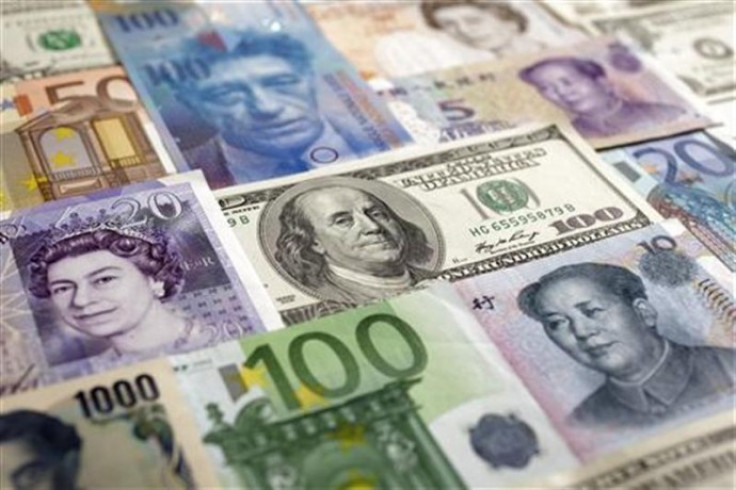Central Banks Watch: BoE to Release Minutes and RBNZ to Hike Rates

The Bank of England will release the minutes of its 10th July meeting on 23 July and the Reserve Bank of New Zealand will likely hike the main rate the next day, being the two most important central banks in focus in the week to 25 July.
Central banks across the globe will also be concerned about the recent developments in the geopolitical space, especially after the shooting down of Malaysian jet MH17, which further fuelled crude prices and heightened global political and economic tensions.
The BoE's Monetary Policy Committee at its latest meeting had voted to maintain the bank rate at 0.5% and keep the stock of purchased assets financed by the issuance of central bank reserves at £375bn.
Upbeat economic data from the UK in the recent past are keeping market participants watchful about a likely shift in the MPC voting pattern indicating the shift to a rate hiking cycle sooner than the market had factored in.
Australian dollar
The Reserve Bank of Australia will also be in focus next week with its governor Glenn Stevens and assistant governor Guy Debelle scheduled to speak on two different occasions.
The market is expecting more dovish tones from the RBA as the central bank is concerned about the likelihood of below-trend growth in the coming quarters.
"With growth in resource exports expected to ease back, GDP growth was forecast to be a little below trend over the next year or so, before picking up gradually thereafter. Inflation was expected to remain within the target," showed the minutes of RBA's 1 July meeting, where it kept the official cash rate at 2.5%.
"The exchange rate remained high by historical standards, particularly given the declines in key commodity prices, and was therefore offering less assistance than it otherwise might in achieving balanced growth in the economy," the central bank said.
On 15 July, one of the RBA board members, John Edwards, said he agreed with central bank Governor Stevens that the currency was too high — especially when weighed against prices of commodities such as iron ore, which is languishing around two-year lows.
The RBA expects a reversal in its currency's rising trend only when the US Fed starts hiking rates, which as per current market expectations may happen in the second half of 2015.
Stevens will speak on 22 July and Debelle on 21.
From the emerging world, the Hungarian and Colombian central banks will be in news this week as both are scheduled to review the rates.
After keeping its benchmark rate steady at 3.25% for about a year, the Colombian central bank raised it in the April and June reviews by 25 basis points each to 4%. People will be interested to know if there will be a pause at the 25 July meeting.
Hungary has been on an easing cycle since July 2012 when the rate was at 7%. In the June meeting the main rate was cut 10 basis points to 2.3%.
© Copyright IBTimes 2024. All rights reserved.






